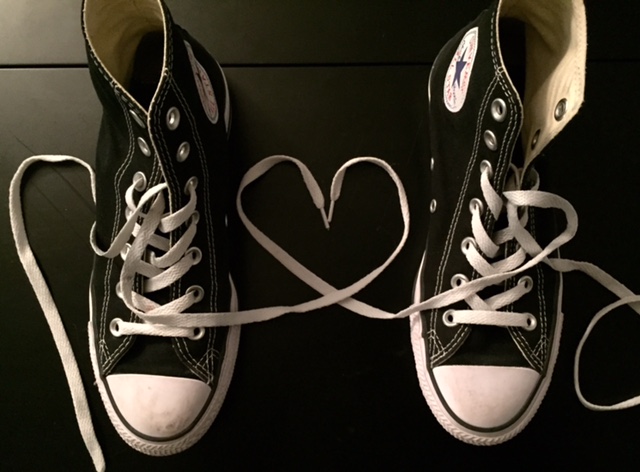The idea of practicing empathy and compassion is not new. It seems as though we are being called upon to exercise empathy regularly in today's world. I always considered myself pretty good at trying to put myself in someone else's shoes. I worked at understanding their world, their viewpoint, their experiences.
I've come to understand empathy even more the past several years and obtained a more in-depth understanding through a course I took taught by research professor and author Brene Brown. Brene's work is amazing and her style of teaching is very real-life and practical. I highly recommend her!
I want to share with you some of what I have learned that has helped me with my practice of empathy. First of all though, why is practicing empathy important? What would the world look like if we didn't practice empathy? What would our relationships with others be like if we didn't practice empathy?
The Bible often refers to the quality of empathy and provides several examples of empathy in action. The Bible also commands us to love our neighbor as ourself. Though we may intend to love one another, it seems that we often miss opportunities. Maybe because we are unaware of others’ needs while walking around in our "urban trance", or perhaps because we are not practicing empathy. Empathy is the key that can unlock the door to our kindness and compassion.
Jesus was always sensitive to the plight of others, but are we exercising empathy the way Jesus did? I've heard statements such as...the measure of a person, is how they treat someone who is of absolutely no use to them. Isn't that true? It's easier to exercise empathy for someone we know and love, someone who has a stake in our life. It's more challenging if it's someone who we have no contact with, someone who we think is of no consequence to us.
Empathy moves us to consider the actions of others when we make decisions. It's an important component of effective relationships, it's the oil that keeps relationships running smoothly. Empathy (and compassion) might have been viewed as soft in the past, but having the courage to show empathy and compassion is a sign of strength, not weakness. For me, it would also be the sign of a good leader.
A good leader is someone who can inspire others to help. As our world becomes more interconnected, and cooperation and communication become more important than ever before, empathy will be even more critical for thriving.
Empathy is perspective taking and mindfulness. It's an emotional and thinking muscle that becomes stronger the more we use it. Brene Brown explains it this way, "Perspective taking is to acknowledge that the way you see the world, through your lens, is as real and as true and as accurate as the lens by which I see the world. Perspective taking is listening to the truth as other people experience it and acknowledging it as truth. It is not taking off your lens and putting on their lens, because that is impossible to do. Our lens is soldered to our head. Empathy says, let me get curious about what you see. Let me stop and listen and hear about what you see."
Brene explains the power of empathy to be, "I'm in it with you. I'm not here to fix you. I'm not here to feel it for you. I'm here to feel with you and let you know you're not alone."
Next week I will follow up with some key ways to cultivate empathy, including a discussion on listening and six negative listening habits.
I invite you to start today looking at people who are suffering and try as best as you can to imagine the world through their eyes. Walk in their shoes. If each of us did that, then I believe that the world could be a different, more loving, more kind and better place.
What do you think? Do you work on practicing empathy? Do you think the world would be a better place if we each strengthened our empathy muscle? I would love to hear from you, please drop me a comment or send me an email.

 RSS Feed
RSS Feed
